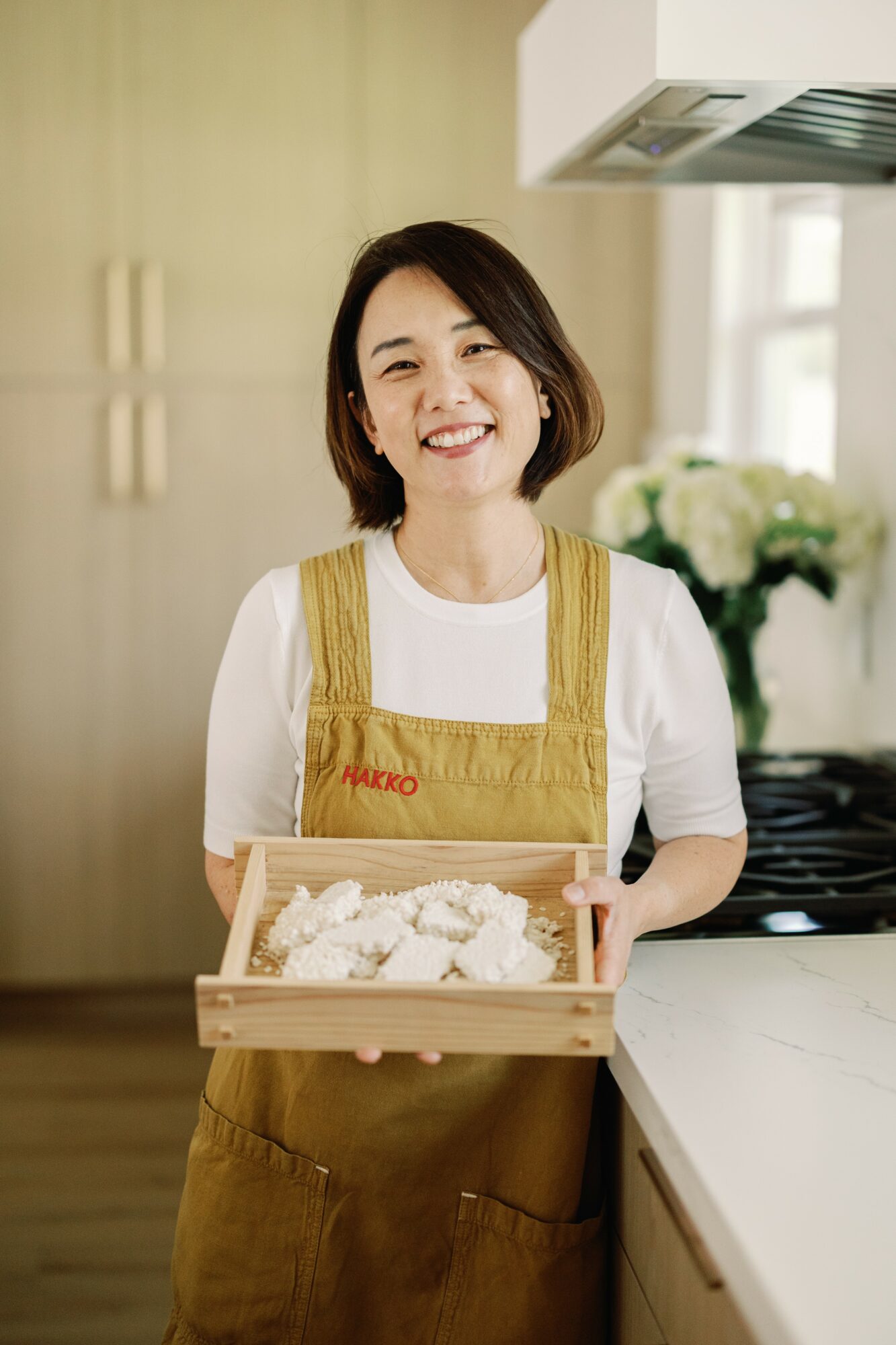

Today we’d like to introduce you to Yoko Lamn.
Hi Yoko, thanks for joining us today. We’d love for you to start by introducing yourself.
I came to Los Angeles from Japan in 1999 after getting married. Life here was overall enjoyable, and aside from the language barrier, I didn’t struggle much. But one thing I missed dearly was the taste of my favorite miso and soy sauce. I couldn’t find any products that truly matched the flavors I had grown up with in Japan.
A friend introduced me to homemade miso, and I began making it myself. As I continued, I found myself sharing it with friends and teaching small classes at my church. Little by little, it became a part of my life.
A major turning point came when I met Joseph Shuldiner, founder of the Institute of Domestic Technology. He invited me to teach fermentation classes at his school, where I introduced people to miso, pickles, and other traditional Japanese techniques. His curiosity—especially about *koji*, the fermentation starter essential to so many Japanese seasonings—prompted me to reflect on something I had always taken for granted. His questions opened a door for me: I began to explore what koji really is, how it’s made, and how it’s used.
From there, I started teaching how to grow koji at home and how to use it to make miso, soy sauce, mirin, and even rustic homebrewed sake (*doburoku*). It’s a niche field, and not necessarily one that brings huge commercial success—but to my delight, many people have participated in my miso workshops and pop-up events in Downtown LA.
In addition to Los Angeles, I’ve also had the opportunity to teach classes regularly in other states.
And more recently, each time I return to Japan, I’ve been invited to speak about fermentation in the U.S.—sharing what I’ve learned through my hands-on experience and introducing how these traditions are being reimagined abroad.
In the past few years, I’ve also had the chance to visit breweries and meet artisans in Japan who are working hard to keep fermentation culture alive. These conversations with craftspeople who are deeply committed to preserving traditional methods gave me an even deeper appreciation for fermentation—not just as a technique, but as a way of life. That experience was another turning point for me.
What I care most about is passing down traditional Japanese fermentation culture in a way that respects both time and place. With the population shrinking, fewer people cooking at home, and the number of skilled artisans declining, many of Japan’s food traditions are at risk of disappearing. Meanwhile, here in the U.S., there is a wonderful openness to adapting traditions into new forms that fit today’s world. I think that’s beautiful—but I also believe that meaningful transformation only happens when we first understand the original deeply.
That’s why I aim to offer classes that are not just educational, but also experiential and rooted in spirit and story.
Looking ahead, I hope to continue sharing Japan’s fermentation culture—centered on *koji*—across Los Angeles and beyond. I want to help home cooks feel confident making these foods in their own kitchens, and also bring these traditions to professional chefs and culinary communities across the country.
Would you say it’s been a smooth road, and if not what are some of the biggest challenges you’ve faced along the way?
It hasn’t always been a smooth road, but each challenge has shaped the work I do today.
One of the first difficulties I faced was the language barrier. While I enjoyed living in Los Angeles, trying to explain something as nuanced and deeply cultural as fermentation in English was a real challenge. I often wondered if I was communicating clearly enough—and whether the heart behind what I wanted to share was truly reaching people.
Another ongoing challenge has been introducing the value of traditional Japanese fermentation in a place where these practices are still relatively unfamiliar. Koji, for example, is essential to so many Japanese foods, but many people here don’t even know the word. It takes patience and persistence to convey the depth and beauty of something so unfamiliar.
My work is very niche, and it doesn’t offer instant results or mass appeal.
Even now, it’s a challenge to reach potential students and fill classes. It takes time, effort, and care. But I continue because I believe that what I offer is meaningful, and that it matters to the people who are looking for it.
When I first became interested in koji, it was still difficult to find information—even in Japan. This was just before fermentation became a trend, and there were hardly any resources or learning opportunities. I had to dig through old texts and search for reliable sources, often on my own.
Once I started making koji in the U.S., I encountered new obstacles. The climate, ingredients, and environment in Los Angeles are different from those in Japan, so I had to experiment and adjust many times before finding the conditions that would produce good results.
Fermentation is also a practice where the results don’t show up immediately. You often have to wait weeks or even months to know whether something turned out right—or tastes good. That makes it a slow, patient, and sometimes uncertain journey.
I’ve always valued depth over scale. Rather than chasing large numbers, I focus on sharing this knowledge with the people who truly seek it. That means I spend a lot of time on my own learning as well.
(And honestly, there are moments when I question whether I’m on the right path.)
But what keeps me going are the small moments of encouragement—a student saying, “This miso reminds me of my grandmother’s,” or watching someone light up as they taste koji for the first time.
In those moments, I feel deep in my heart that I’m doing what I was meant to do.
Now, after years of quietly nurturing this path, I feel like my roots are starting to grow strong.
Fermentation isn’t just a food technique—it’s a way of connecting people, preserving memory, and cultivating the spirit. That’s what I hope to continue sharing, one step at a time.
Alright, so let’s switch gears a bit and talk business. What should we know?
I run HAKKO, a cozy fermentation classroom in Los Angeles where I teach traditional Japanese techniques like koji-making, miso, soy sauce, mirin, and doburoku.
Through small group classes, hands-on workshops, and occasional pop-up events, I share not just methods, but the spirit and culture behind these time-honored foods.
What makes HAKKO unique is the way we connect tradition with daily life.
Rather than simply teaching recipes, I invite people to experience fermentation as a living, sensory process.
Participants learn how to grow koji from scratch, work with natural elements like heat, humidity, and microbes, and observe the quiet transformation of ingredients over time. These hands-on experiences deepen our relationship with food in a meaningful way.
My work is very niche, and it doesn’t follow mainstream trends or bring instant visibility.
Even now, it takes time and effort to reach people and fill each class.
But I continue because I believe in the value of what I’m sharing, and I want it to reach those who are truly looking for it.
What I’m most proud of is that HAKKO has become more than just a place to learn—it’s a space for cultural reconnection and emotional nourishment.
Many students have told me that the experience reminded them of their grandmother’s kitchen, or helped them rediscover the joy of slowing down and making something with care.
These quiet moments of recognition are what I treasure most.
I don’t focus on growing big—I focus on growing deep.
Of course, I’d be happy if more people discovered HAKKO and the business could expand, even just a little.
But more than anything, I want to carry forward the wisdom and beauty of Japanese fermentation in a way that feels relevant, accessible, and alive for the next generation.
I also hope that HAKKO can offer something meaningful to people beyond the Japanese community.
No matter where you’re from, there’s something universal in the joy of making things by hand, in watching slow change happen, and in appreciating the small, quiet details of life.
Fermentation helps us remember those things—and I’d be honored to help others rediscover them, too.
So maybe we end on discussing what matters most to you and why?
What matters most to me is carrying things forward—with care and intention.
Traditions don’t survive just because they are old; they survive because someone chooses to protect them, nurture them, and pass them on with love.
Over the years, I’ve had the privilege of visiting fermentation artisans and brewers across Japan. Many of them are carrying on practices that have been passed down through their families for generations.
Each generation has cherished something deeply meaningful, and the current generation is doing everything they can—sometimes with their whole lives—to protect and carry it into the future.
I’m always moved by their quiet strength and deep sense of purpose.
There’s something incredibly powerful about people who choose to stand in that flow of history, to continue what others before them started, and to shape it gently for those who will come next.
I feel a strong responsibility to help ensure that their voices and values are not lost.
I want to share their stories and spirit with people outside of Japan—so that the beauty of Japanese fermentation culture can be appreciated across borders and generations.
In a world that often moves too fast and values efficiency above all, I want to create moments where people can slow down and reconnect with something more rooted and meaningful.
Fermentation, to me, is a quiet act of remembrance and resistance.
It teaches us to wait, to trust, to accept change, and to recognize the unseen life that surrounds us.
I care deeply about preserving Japanese food culture—not just as a set of recipes, but as a way of thinking, feeling, and living.
And I believe that this way of living can resonate with anyone—regardless of background—who is searching for something real, alive, and deeply human.
Pricing:
- $85~ 2 hours fermentation class (material + tasting lunch)
- $250 3days (total 6 ~ hours) fermentation class (
- $200 ~ private workshop
- $300~ private group workshop ( 2~people)
Contact Info:
- Website: https://www.hakko.online
- Instagram: https://www.instagram.com/hakko.online/
- Youtube: https://www.youtube.com/@hakkobyyoko7189
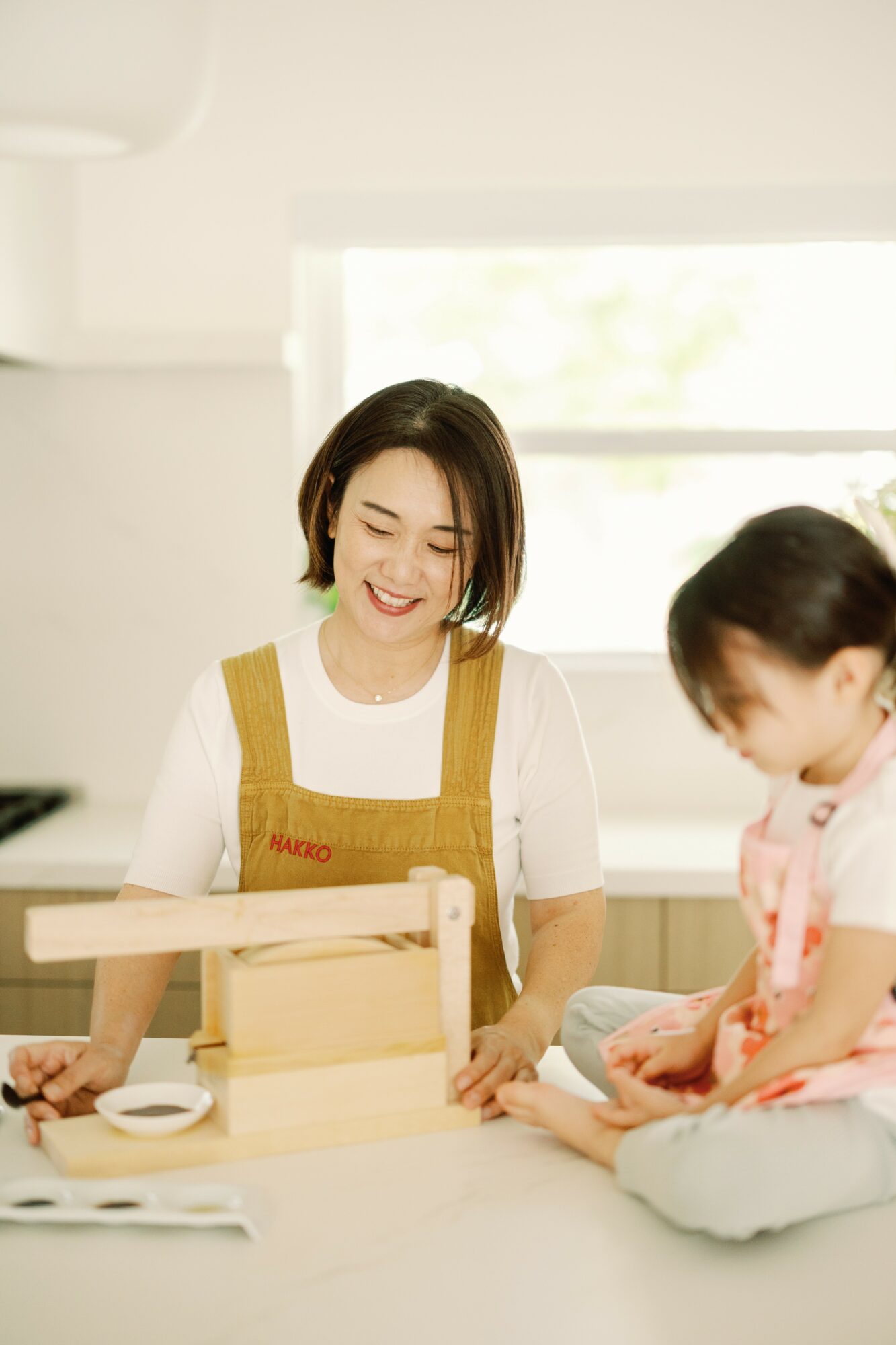
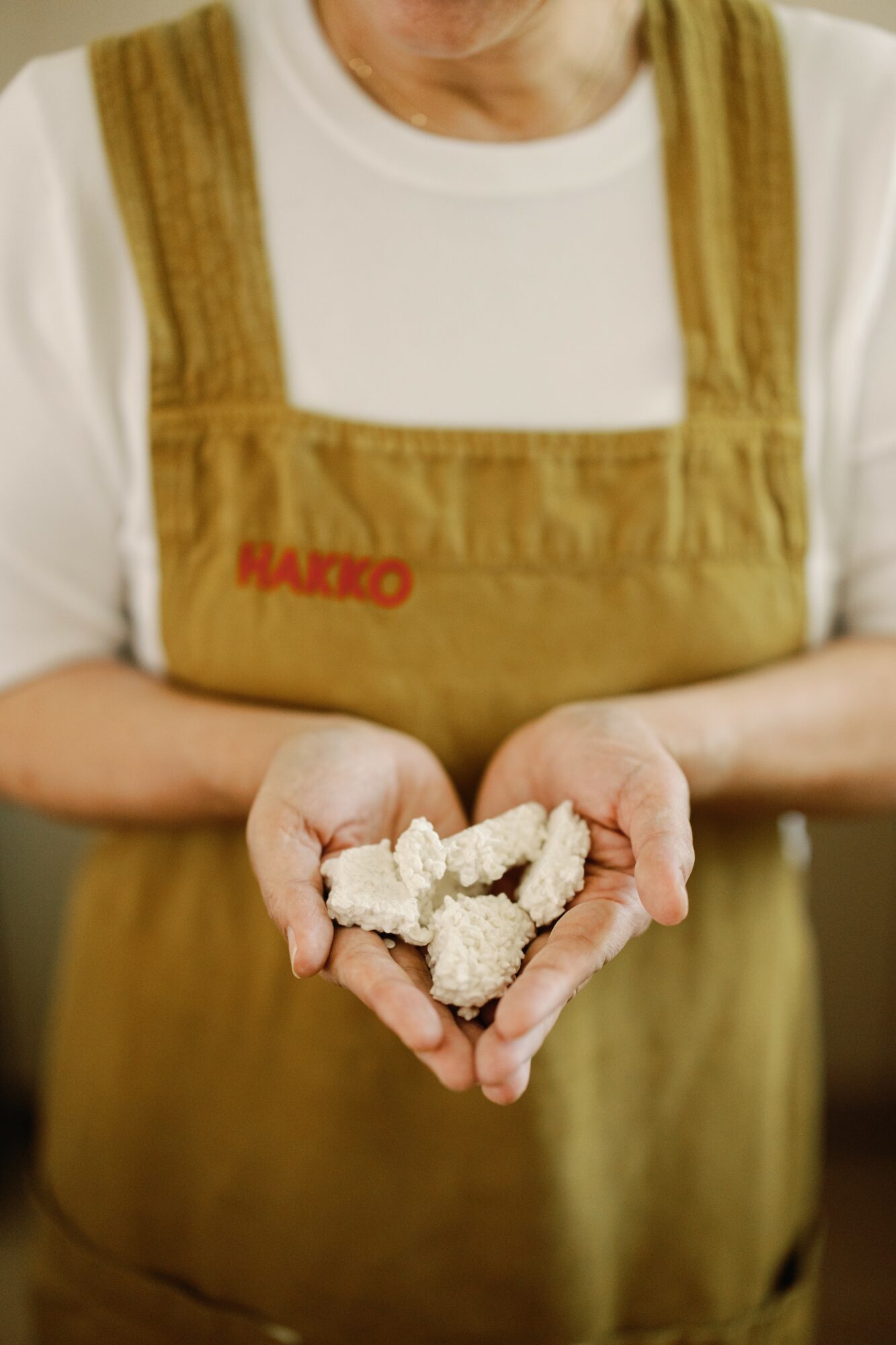
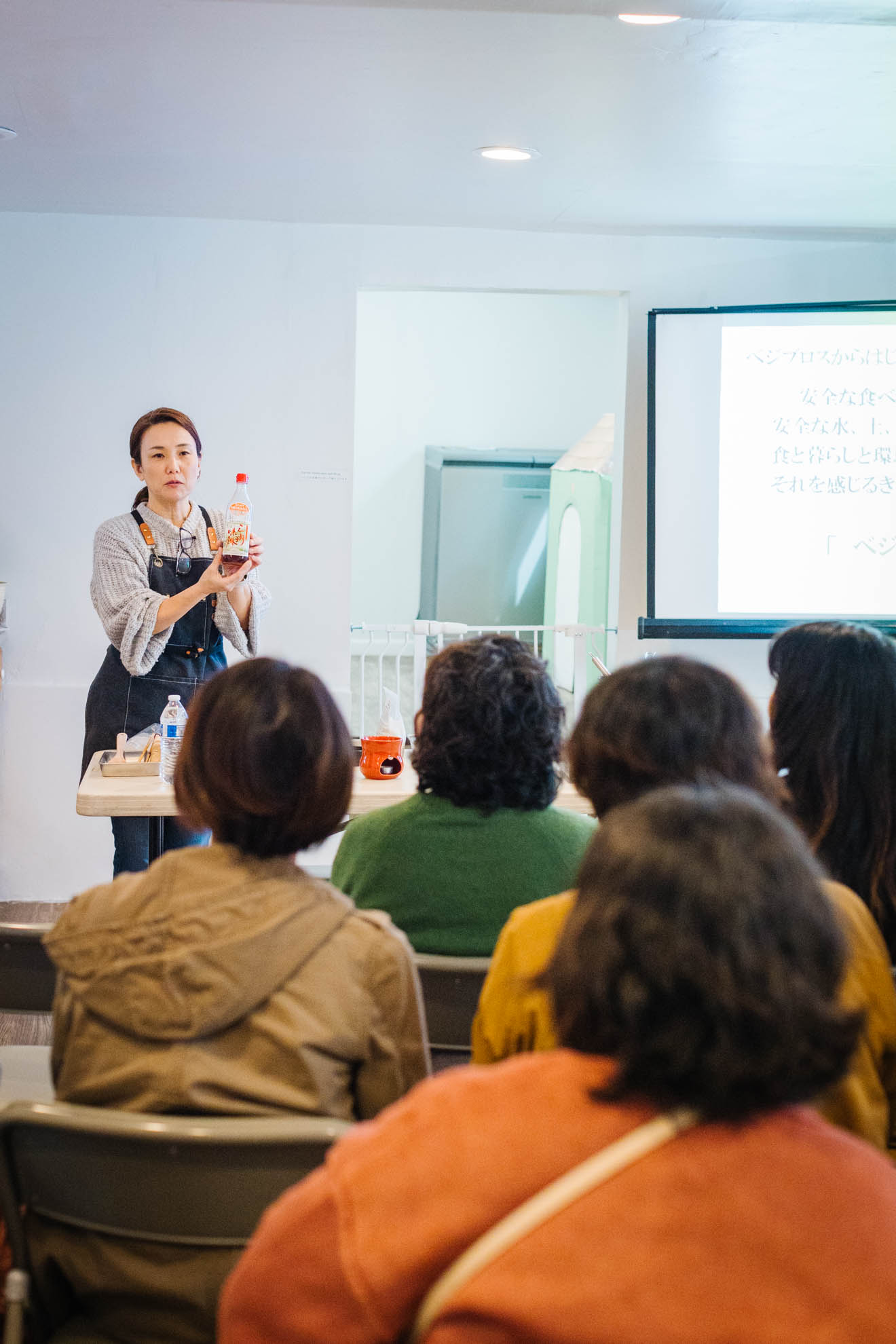
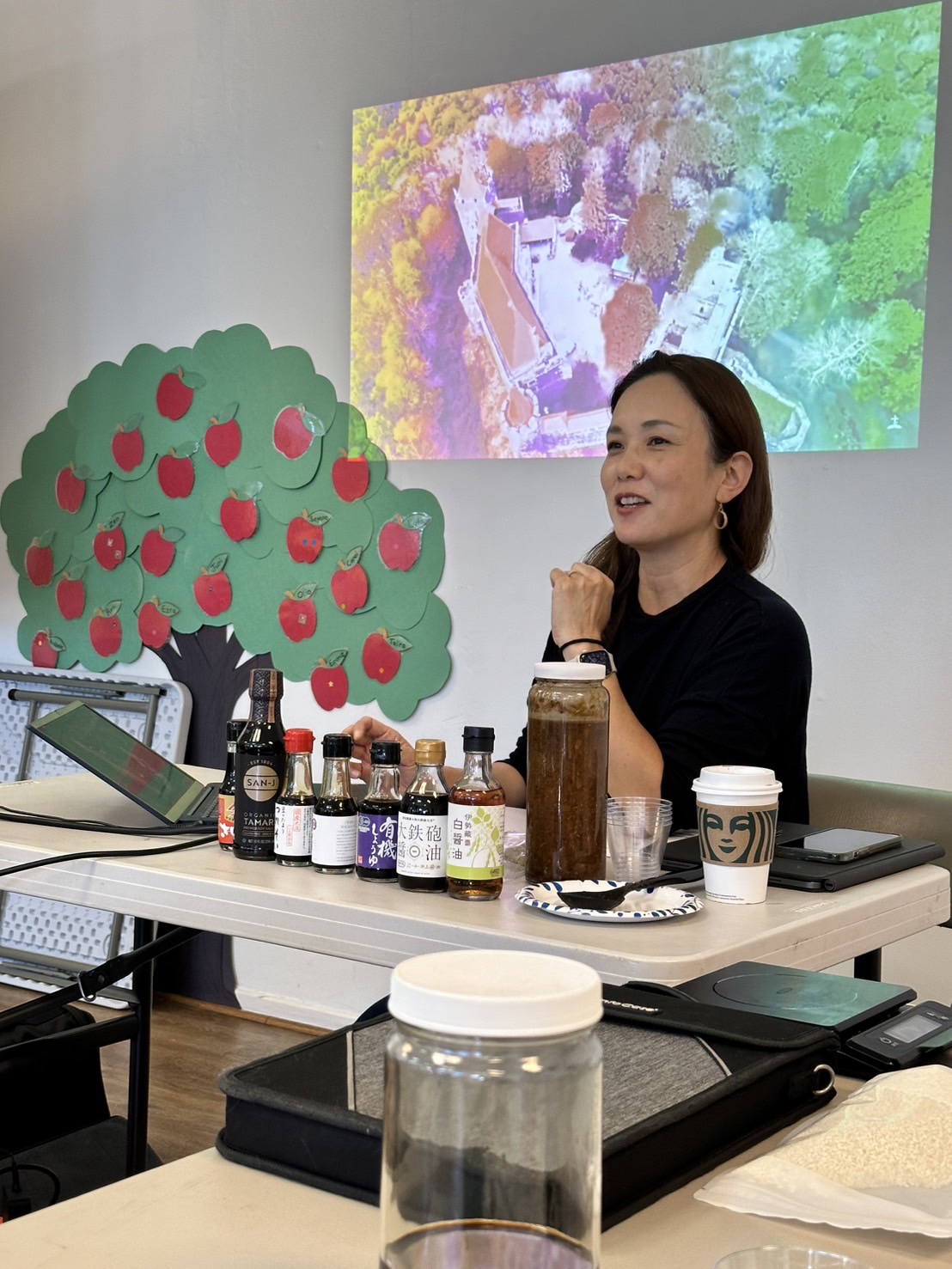
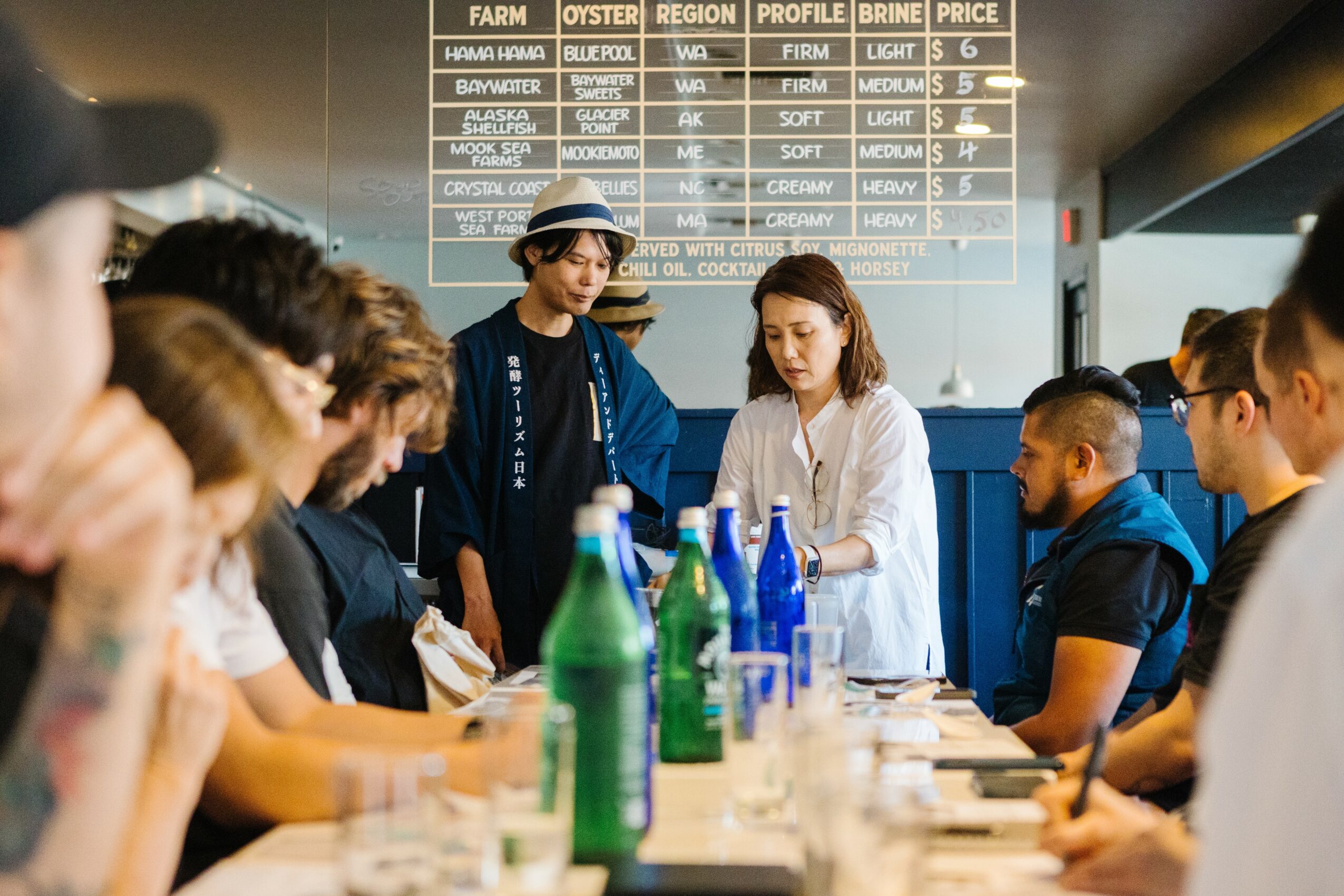
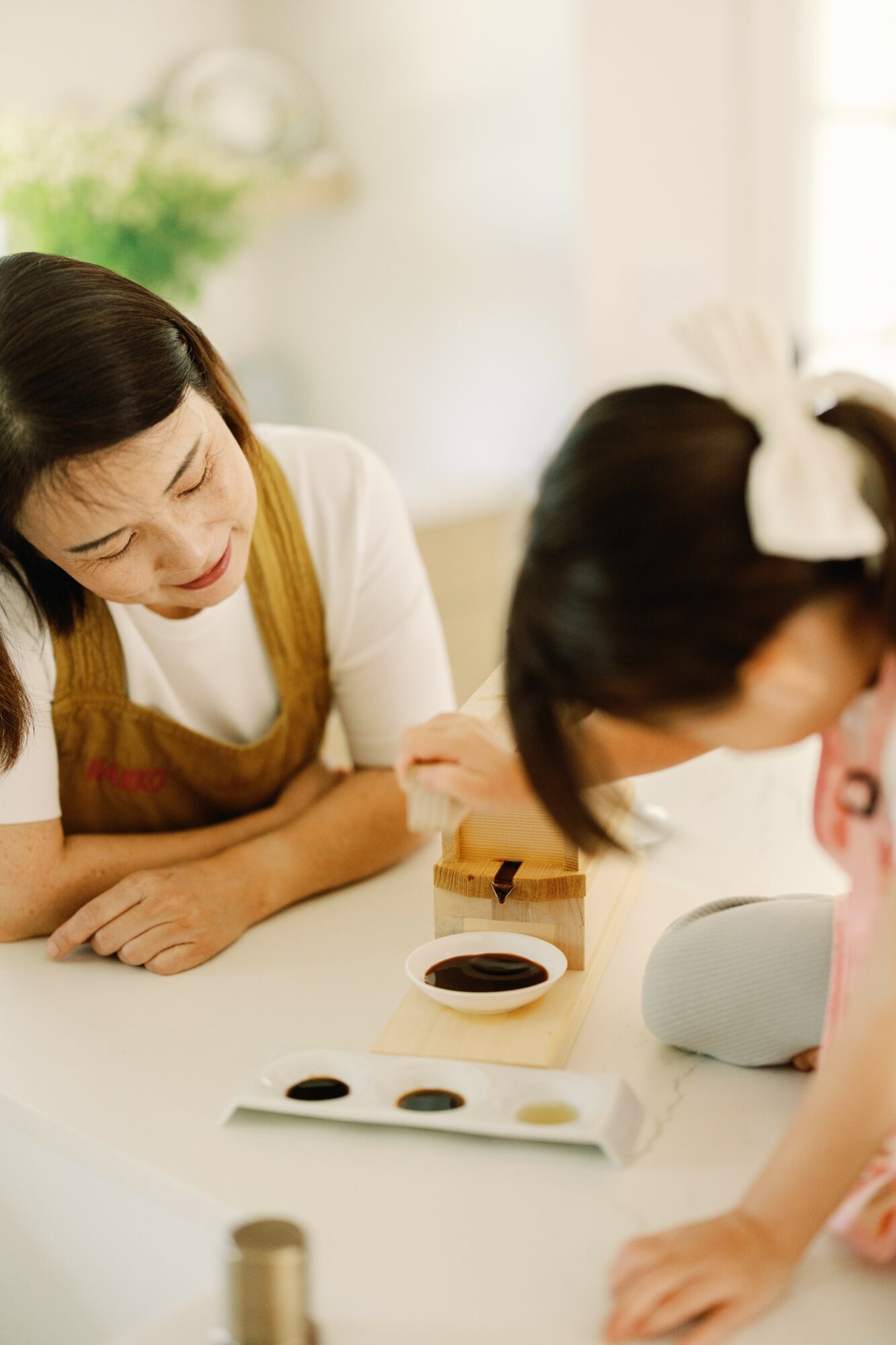
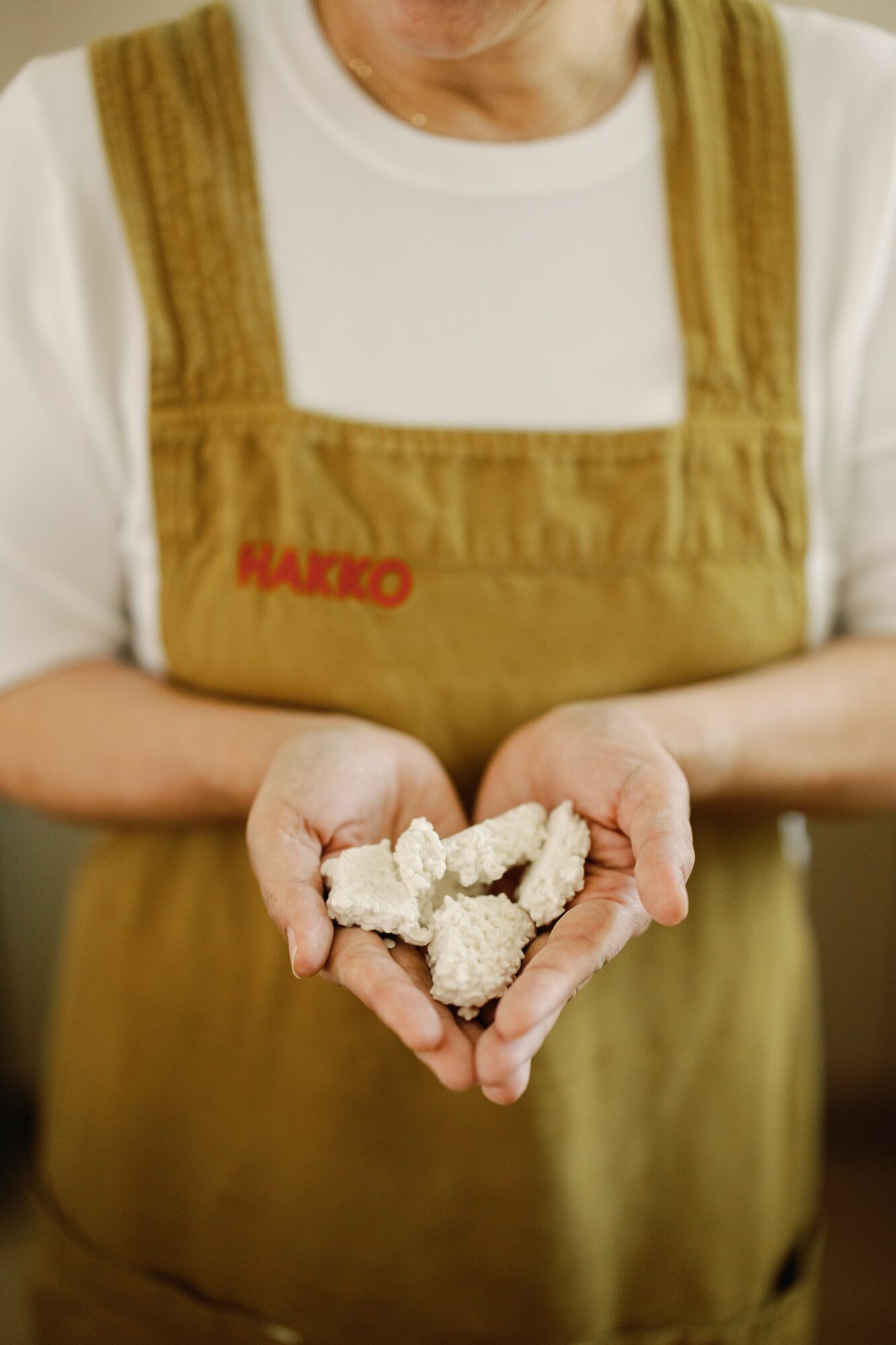
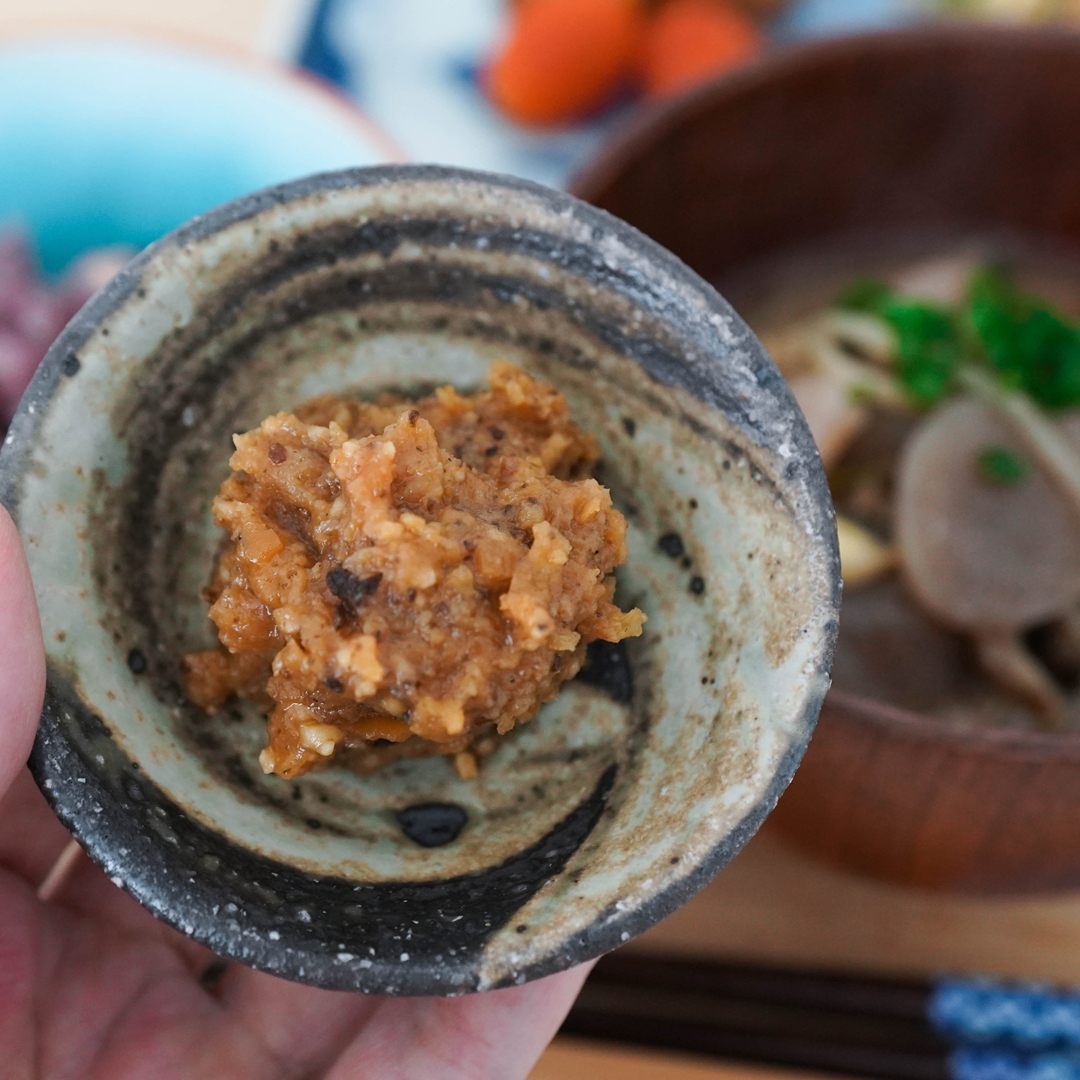
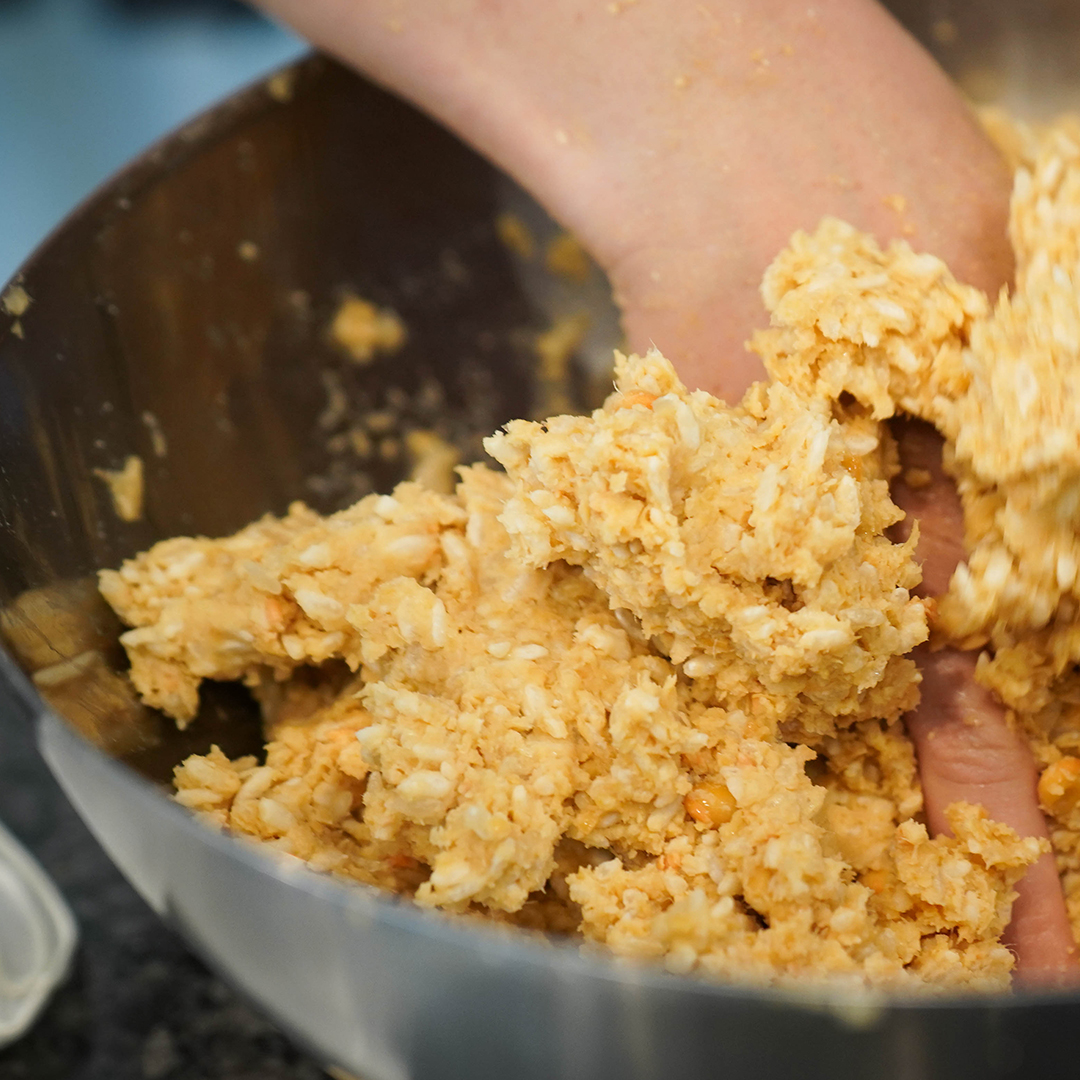
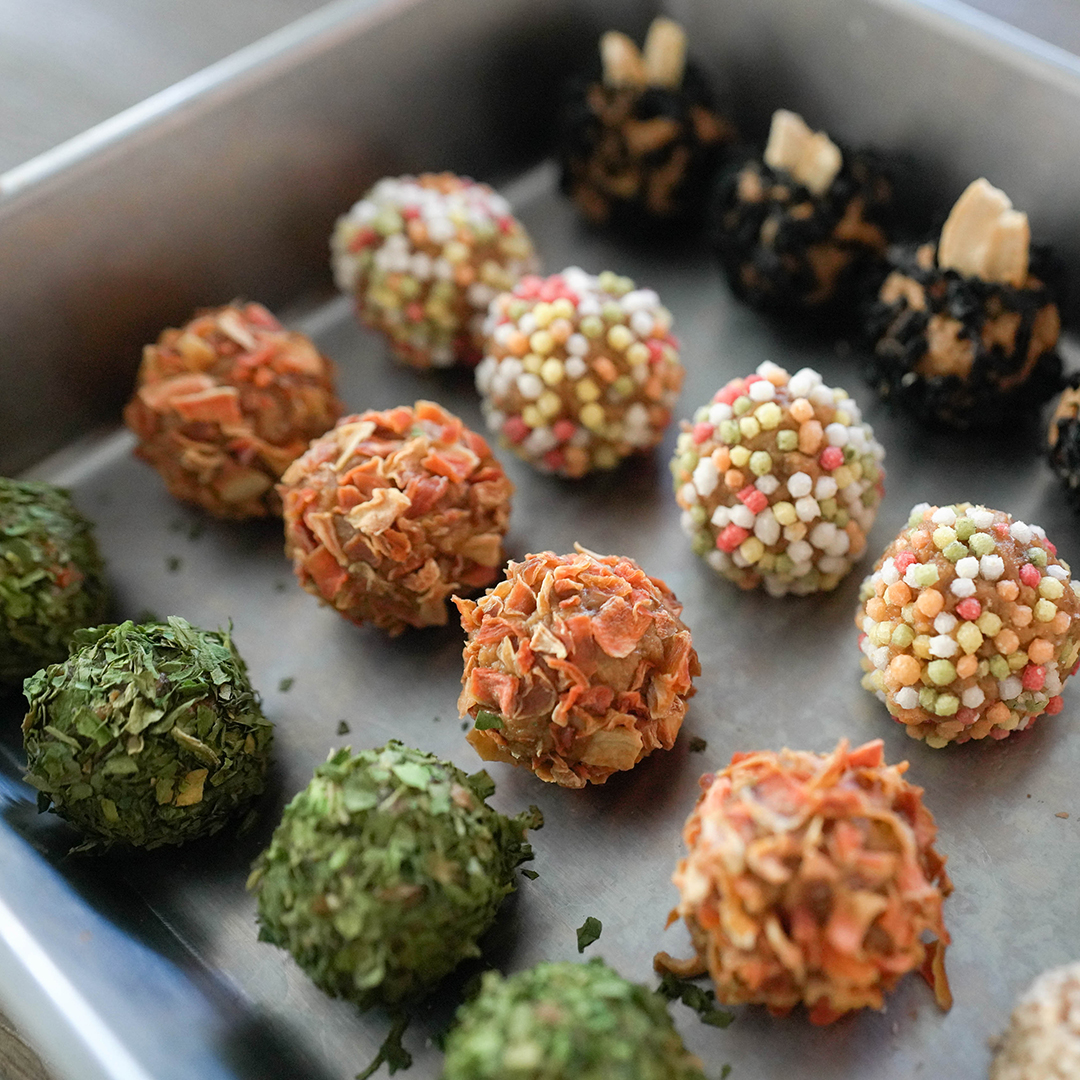
Image Credits
Brenda Morsch https://www.brendamorsch.com/
Chiharu Uchida https://www.chiharuuchida.com/














